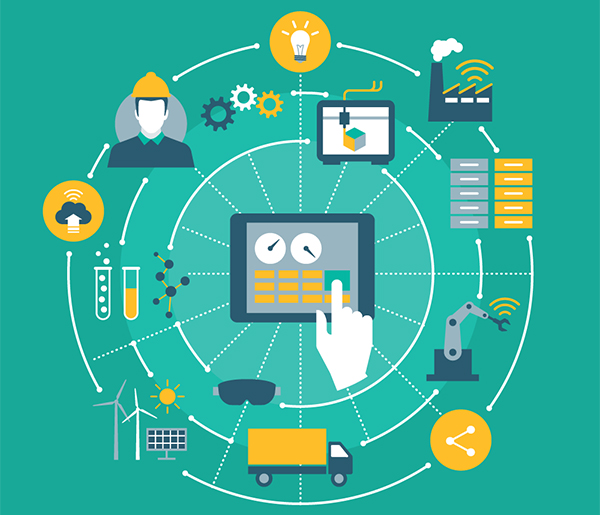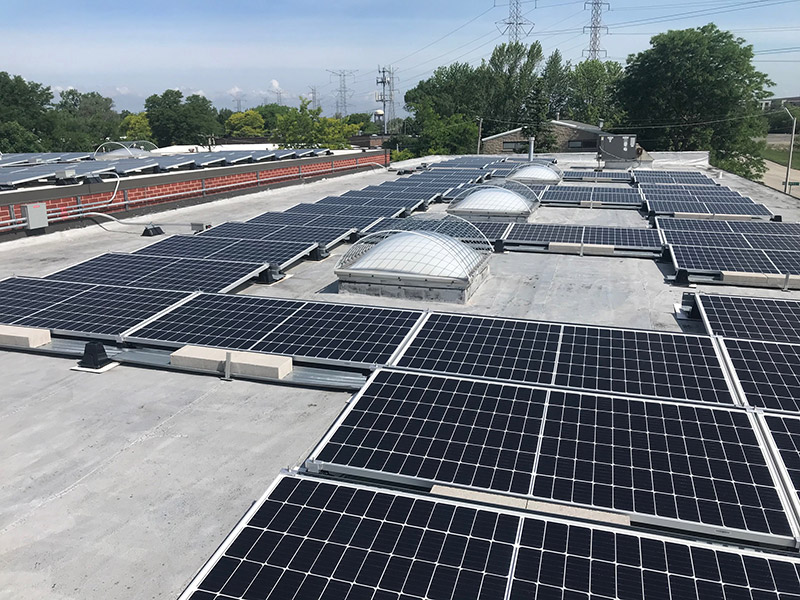August 19th, 2025
Plastic manufacturing is at the backbone of our global economy, known to be a cornerstone method of mass development across countless industries worldwide. However, as with any other major industrial approach, it brings challenges that must be addressed. Plastic processing continues to rise in popularity, and adopting sustainable solutions is no longer an option – it’s essential. This article will explore the key environmental concerns and what strategies are involved in thinking ecologically, without having to compromise on quality or efficiency.
Environmental Obstacles
Greenhouse Gases
Refuse that ends up in landfills emits methane, a potent gas that contributes to air pollutants and accelerates climate change.
Transportation Pollution
When it comes to the shipping of goods, delivery modes often rely on petrol or diesel vehicles that release chemicals into the atmosphere.
Soil and Water Contamination
Improper disposal could cause hazardous chemicals to leach into soil and water, threatening humans and animals at risk from contact with toxic dissipate.
Energy and Electric Consumption
Plastic production demands significant amounts of momentum and electricity, which increases carbon emissions from non-renewable sources.
Strategies

Upgrade Operation Standards
Reevaluating your systematic approach to be more ecologically focused involves working alongside eco-conscious partners and investing in green technology.
Incorporate Scheduled Maintenance
Adhere to certifications and instill key principle guidelines into operations. ISO 9001 helps assess maintenance routines, safety and priorities, including eco-friendly means of production.
Implement Quality Control
Monitor and maintain consistency, lower machine downtime and ensure a high-level quality output.
Workforce Training
Educate your team on waste cutback tactics and energy preservation to encourage a culture of environmental responsibility.
Improve Waste Management
Plastic takes hundreds of years to decompose. If not disposed of properly, it will likely contaminate land, hurt wildlife and humankind.
Closed-Loop Recycling
Alleviate the dependency on fossil fuels by collecting, reprocessing and reintegrating appropriate excess right back into the manufacturing phase.
End-of-Life System
Designed for conserving organic matter, minimizing the amount of scrap generated by improving the recyclability and composability of products for reutilization.
Optimize Purging
Take advantage of purging compounds and mold cleaners to reduce leftover residue and dissipate adverse deposits during changeovers.
Design with Purpose
DFM (Design for Manufacturability) is a key paradigm intended to diminish the amount of spend by keeping parts simple yet effective.
Part Consolidation
Combine related components or insert molding pieces to lessen the volume of raw matter needed and number of steps involved.
Wall Thickness Optimization
Try using the nominal number of parts needed and avoid tight tolerances while still maintaining mechanical integrity, keeping expenses down.
Lightweighting
Preserve resources by reducing part weight, which is especially applicable when working in automotive and consumer electronic industries.
Innovative Materials
Another way operators have encouraged sustainability is by opting for recyclable alternatives that are designed to break down quicker than most traditional polymers.
Recycled Resins
Embrace existing polymers derived from post-consumer/industrial products to counteract source depletion and excessive scrap.
Bioplastics
PLA (Polylactic Acid), PHA and bio-PET are among the most eco-friendly thermosets used in the injection molding process.
Low VOC Solutions
Select “greener” mold cleaners and low-VOC mold release sprays to combat harmful emissions.
Improve on Efficiency

Adopting progressive tools during work efforts not only upholds conservational efficiency standards but translates to significant savings.
- Upgrade machines and equipment to all electric or hybrid models – save on power and make use of cutting-edge technology.
- Incorporate smart devices for real-time monitoring and better control.
- Utilize insulated mold heaters and enhanced heating/cooling systems to ease energy usage and optimize cycle runs.
Not only are mindful ecological practices trending – they have become the norm for forward-seeking plastic injection molding manufacturers. By investing in smart processes, companies can lower expenses, champion environmental well-being and be ready for our industry’s next pioneering opportunity.
Slide's Commitment to A Greener World
Slide Products is always taking conscious steps to contribute in any way towards reducing our carbon footprint. That's why we partnered up with One Tree Planted, a non-profit organization that focuses on planting trees, restoring forests and creating animal habitats. Now, every online order placed through our online portal includes the opportunity to donate $1 to plant a tree. We encourage you to take this small step to fight against deforestation and global climate change. Together with our customers and One Tree Planted, we've contributed to the planting of over 30 million trees, and we’re just getting started. Even one tree at a time, we can make a difference.





